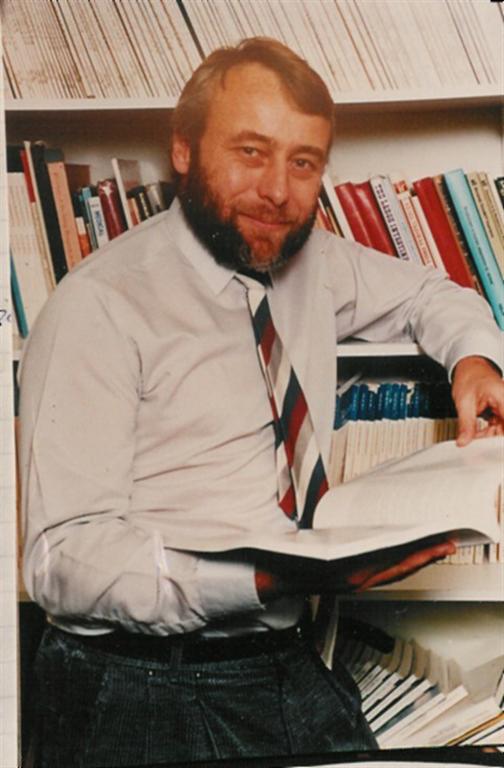Dr Derek Holdsworth, the consultant I worked for in Sheffield, organised his clinics into disease categories. Mondays was peptic ulcer disease, Tuesday – liver, Wednesday – coeliac, Thursday, Crohns and Colitis and Friday Irritable Bowels. ‘You can have the Friday clinic’, he told me, they’ve all got irritable bowels and I don’t know what the hell to do with them.’ And so the die was cast. I became an expert on irritable bowel. I travelled the world on diarrhoea. It was Harwich for the continent; Sheffield for the incontinent.
I spent thirty years in medical research trying to find a cause for Irritable Bowel. This was fun. I loved the excitement of research. It appealed to the explorer in me. What a thrill it was to see something that had not been seen before. What fun to joust with some of the most original medical thinkers. At the peak of our productivity I had a team of twenty four researchers and friends all over the world. But the climate of research was changing. it was less and less easy to do the sort of original blue-skies research that I revelled in. I had to be more accountable. They had organised the fun out of it and the quality suffered.
And so, when the opportunity came to retrained to study to be a psychoanalytical psychoptherapist, I seized it with alacrity. I had become aware that so many of my patients had emotional difficulties in their lives that had coincided with their illness, in so many the themes of their distress were played out in the metaphor of their illness. I needed to understand. Psychoanalysis offered the key that unlocked the mystery of irritable bowels and upset stomachs. I felt for the first time in my medical career I could offer some real help for my patients. I devoted a lot of time advising the IBS Network (latterly The Gut Trust), answering patients questions, writing articles as well as maintaining a clinical service. I saw life from a what might be seen as a strange perspective, but one that held great meaning.



